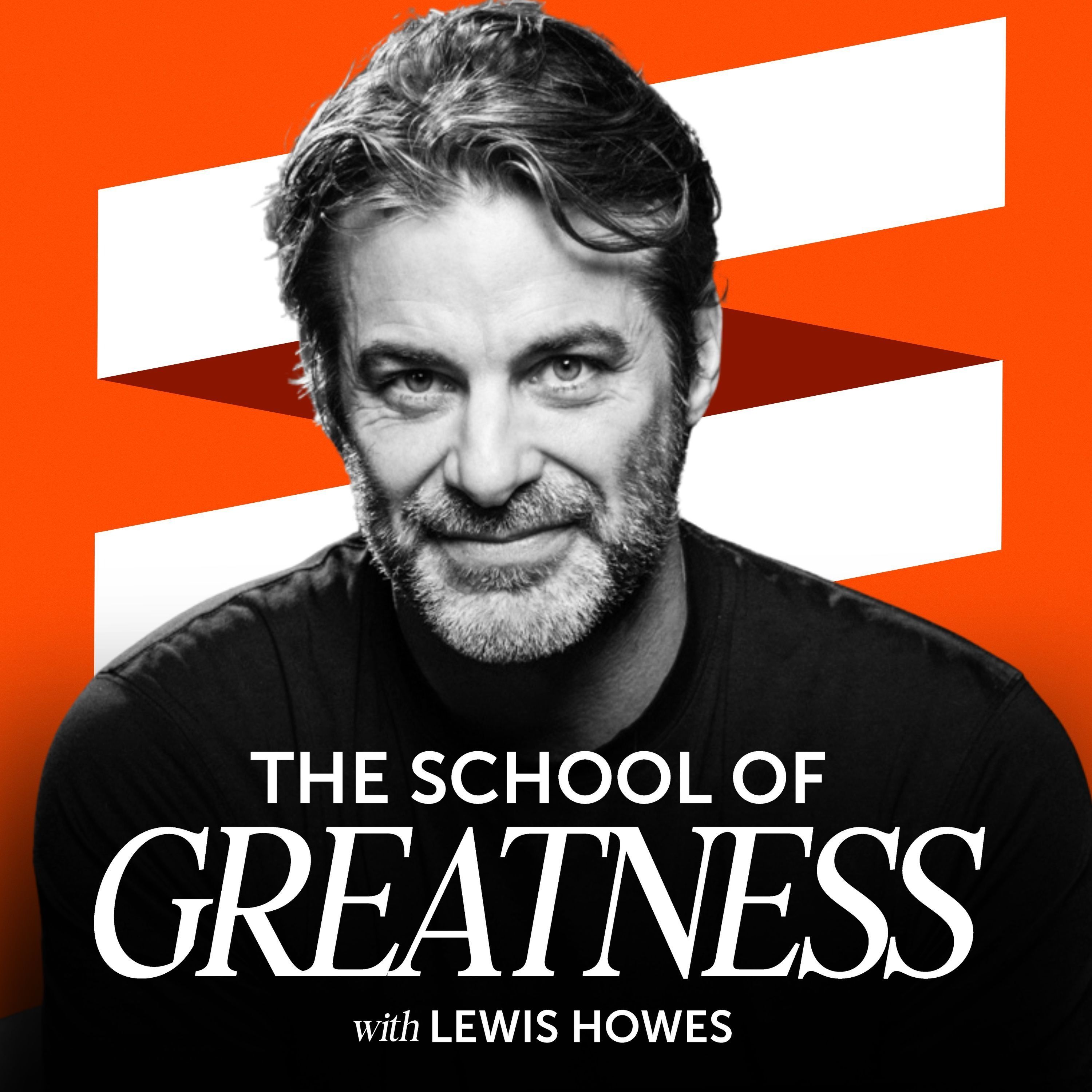Avoid These Easy Mistakes to Manifest The Life You Want TODAY
Psychology expert Price Pritchett reveals the scientific framework behind quantum leaps and why luck accounts for up to 50% of success - but only when you know how to engineer it strategically. You'll learn the exact 4-step method that transforms impossible goals into inevitable outcomes and discover why playing it safe is actually the riskiest move you can make.
Press play and read along
Transcript
Transcript is processing—check back soon.
The School of Greatness — Avoid These Easy Mistakes to Manifest The Life You Want TODAY





